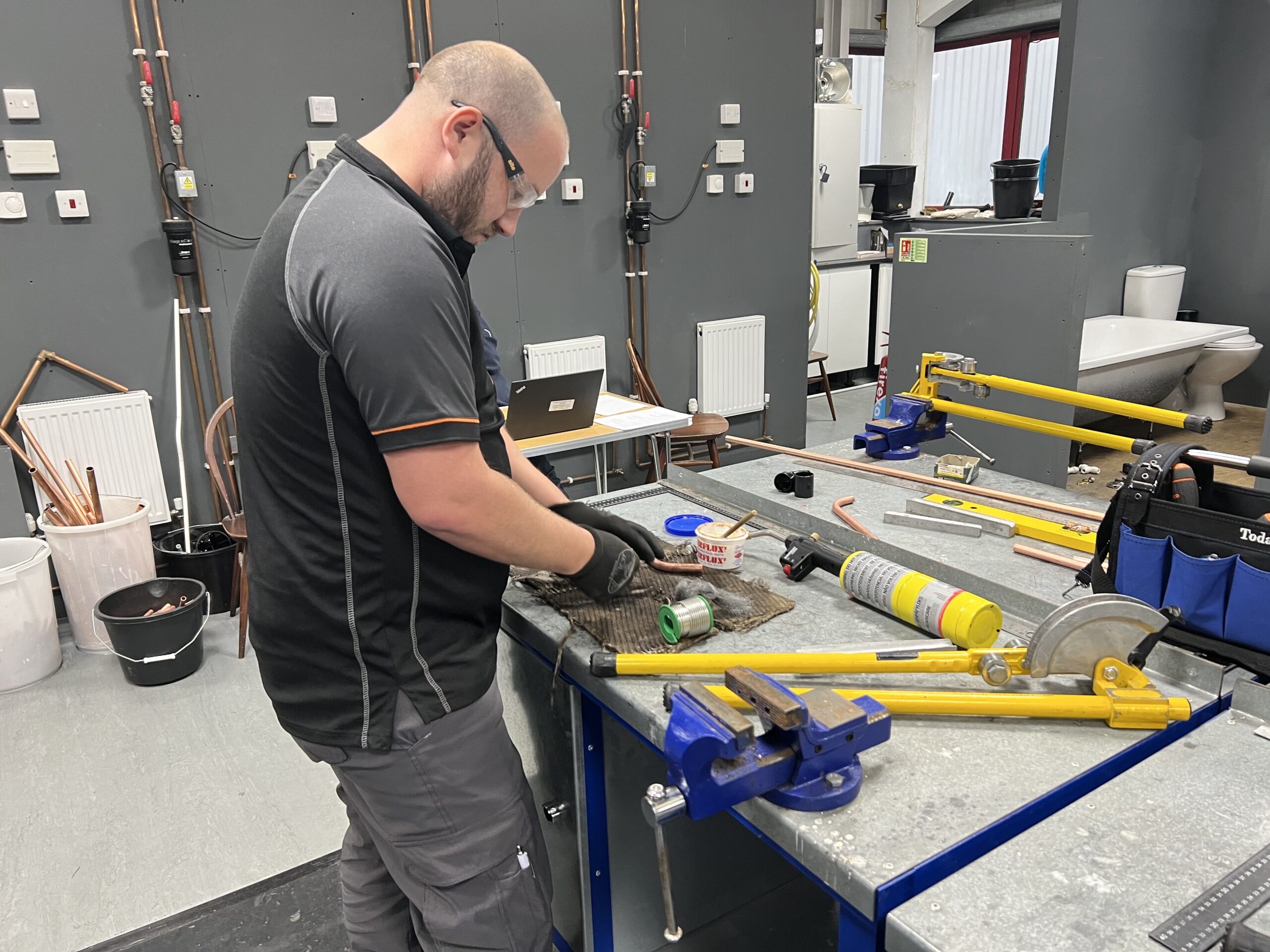Gas Safety Trust and the NIHR Clinical Research Network have held a round table discussion in Birmingham to consider the relationship between Carbon monoxide (CO) poisoning and the onset of dementia and areas for research funding.
The meeting looked in particular at CO in relation to the impact of people’s cognitive function as well as potential links to dementia.
Local researchers and clinicians from the midlands met and heard from a number of speakers including Afroza Ahmed (Founder of Dying to Keep Warm), Professor Peter Crome (Clinical Research Network: West Midlands Clinical Lead for Dementia) and Gordon Lishman (Chair of Gas Safe Charity and former Director General, Age Concern).
The attendees identified specific topics of interest and it was agreed that further discussions will take place to develop research proposals.
It is well known that exposure to Carbon monoxide causes serious health problems and can prove fatal.
After CO is breathed in, it enters your bloodstream and mixes with haemoglobin (the part of red blood cells that carry oxygen around your body), to form carboxyhaemoglobin.
When this happens, the blood is no longer able to carry oxygen and this lack of oxygen causes the boy’s cells and tissue to fail and die.
CO is, however, produced within the body in small amounts where it plays a number of important roles such as helping to regulate blood pressure. In the brain, CO acts as a chemical messenger, helping nerve cells communicate with each other.
Over 800,000 people in the UK have a diagnosis of dementia, with 1 in 20 people over 60 affected and as many as 1 in 5 of those over 80.
Symptoms of dementia include memory impairment and cognitive impairment such as effects on language, motor skills and recognition.
These symptoms are similar to those displayed by people who have been poisoned by CO.
Dr Susan Bews, Gas Safety Trust said:
"We had a lively and stimulating debate which the Gas Safety Trust hopes will lead to concrete, valuable and feasible research proposals. It is clear that there is a lot that we still do not understand about a possible link between carbon monoxide poisoning and dementia.
Elderly people represent one of the most vulnerable and at risk sections of society. With Public Health England projections suggesting that over 1m people will have a diagnosis of dementia by 2025, it is clear that this discussion is both timely and urgently needed.
"It was very encouraging to hear the enthusiasm for further research into understanding the risks of low level CO for the elderly and particularly the real commitment across a wide range of professionals to work together to reduce the risks for the more vulnerable, for example those with dementia" .
Click Here to visit The Gas Safety Trust website
Back to Insights

Is there a link between carbon monoxide and dementia?
Insights | 12th April 2024
Trade School vs. Traditional Education: Choosing the Right Path for Your Career
Read more
Insights | 5th April 2024








